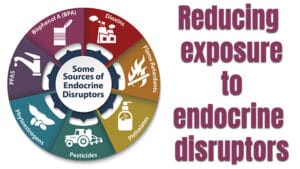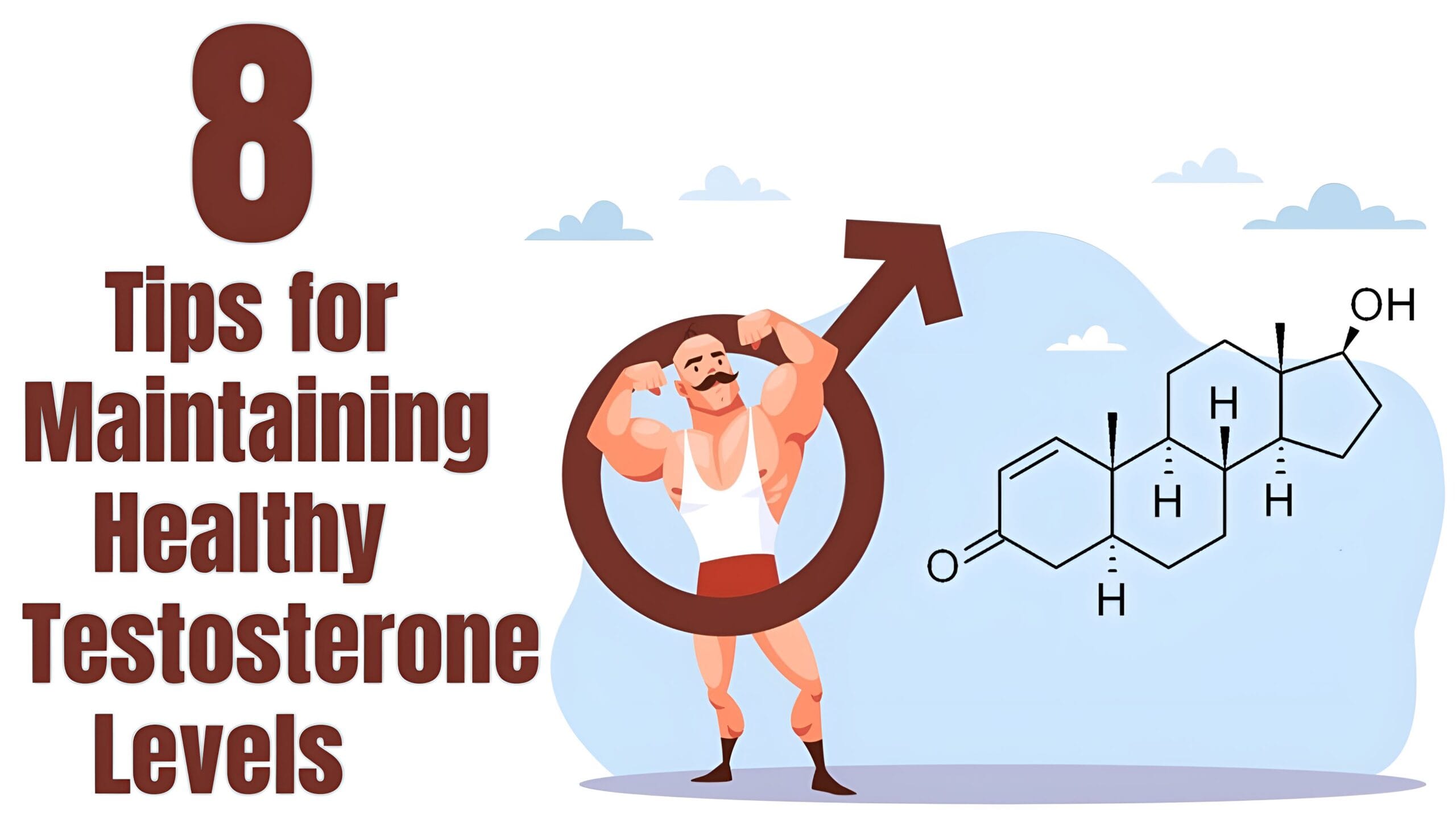Testosterone is a key hormone that keeps us feeling energetic, confident, and strong. It plays a big role in our overall health, from muscle growth to mood. But as we age or face certain lifestyle habits, our testosterone levels often decline. This can lead to tiredness, poor mood, and decreased sex drive. The good news? There are simple, proven ways to keep your testosterone at healthy levels naturally. This guide offers practical tips backed by science to help you stay vital and balanced.
Thank you for reading this post, don't forget to subscribe!Understanding Testosterone and Its Role in the Body

Testosterone is the main male sex hormone, but it’s also important for women. It helps develop muscle, bone strength, and hair growth. For men, it affects energy, mood, and sexual desire. Women need smaller amounts, but it impacts their strength and well-being, too.
When testosterone drops too low, men may feel tired, lose muscle, or have trouble focusing. Women may notice decreased libido or mood swings. Statistics show that testosterone levels decline around 1% per year after age 30. Experts say maintaining hormonal health is crucial as we age to avoid health issues. Dr. Lisa Smith, an endocrinologist, says, “Balanced hormones lead to a better quality of life and less health trouble later on.”
Lifestyle Factors That Impact Testosterone

Exercise and Physical Activity
Regular physical activity is a proven way to boost testosterone. Strength training and high-intensity workouts are especially effective. Lifting weights several times a week or doing quick sprints for a few minutes can make a difference.
An active lifestyle keeps your hormone production healthy. Aim for at least 3 to 4 workouts per week. Combining strength training with cardio is a good strategy to stay fit and hormone-healthy.
Sleep Quality and Duration
Poor sleep can tank your testosterone levels. When you don’t sleep enough, your body produces less of this hormone. Experts recommend 7 to 9 hours of restful sleep each night.
Create a sleep-friendly environment: stick to a regular bedtime, turn off screens an hour before bed, and keep your room dark. Relaxing routines like meditation can help you fall asleep faster. Remember, sleep is when your body rebuilds hormones, so don’t skip on it.
Stress Management
Chronic stress raises levels of cortisol, which can lower testosterone. Long-term stress leaves you feeling drained and can lead to a hormonal imbalance.
Try mindful practices like meditation, breathing exercises, or yoga to stay calm. Even small breaks during the day can help ease stress. Companies that promote stress management programs often see happier, healthier employees, proof that lowering stress benefits hormones too.
Alcohol and Substance Use
Too much alcohol can seriously lower testosterone levels. Heavy drinking damages your testicles, where testosterone is made. Similarly, recreational drugs and smoking can interfere with hormonal balance.
Limit alcohol intake to moderate levels—about one drink a day for women and two for men. Avoid drugs and stop smoking to keep your hormone levels steady and support overall health.
Nutritional Strategies to Support Healthy Testosterone Levels
Balanced Diet and Key Nutrients
Eating the right foods fuels hormone production. Focus on foods rich in zinc, vitamin D, and healthy fats. These nutrients are essential for making testosterone.
Include nuts, seeds, oily fish like salmon, eggs, and leafy greens in your meals. Antioxidants from fruits and vegetables protect your cells from damage, supporting hormone health. A balanced diet is your foundation for good hormonal function.
Managing Body Composition
Being overweight, especially around the belly, drops testosterone levels. Excess fat converts testosterone into estrogen, which lowers testosterone.
To stay healthy, keep your weight in check through eating well and exercising regularly. Even losing a small amount of weight can improve your hormones significantly. Focus on steady progress over quick fixes.
Supplementation Considerations
Some supplements can help boost testosterone naturally. Vitamin D supplements are often recommended, especially if you don’t get enough sun. Zinc is another helpful nutrient for hormone health.
Always talk to a healthcare provider before taking new supplements. Not all products are effective, and some may interact with medications. Natural boosters like D-aspartic acid have shown promise, but consult an expert first.
Reducing Exposure to Endocrine Disruptors

Many everyday products contain chemicals that impact hormones. Plastics, pesticides, and certain lotions have substances called endocrine disruptors. These toxins mimic hormones and throw off your balance.
Steps to minimize exposure include using natural products, avoiding plastics when possible, and filtering tap water. Being mindful of what you touch and eat can support your hormonal health and keep testosterone levels stable.
Medical and Technological Interventions

When to Consider Medical Treatment
If you experience signs of low testosterone, like persistent fatigue, loss of muscle, or decline in libido, see a doctor. Blood tests can determine your levels.
Testosterone replacement therapy (TRT) is an option for some men. It can improve symptoms, but it comes with risks like sleep apnea or heart issues. Never try TRT without medical supervision.
Advances in Natural Therapies
Growing research looks at ways to boost testosterone naturally through lifestyle changes and new therapies. Biofeedback and hormone clinics offer personalized treatment plans.
Healthy living, combined with emerging treatments, can help you maintain good hormonal health without relying solely on medications.
Conclusion
Keeping testosterone levels healthy is about more than just looking good—it affects your energy, mood, and long-term health. Simple steps like exercise, good sleep, managing stress, eating right, and avoiding toxins help.
Taking care of your hormonal health means being active, mindful, and aware of your environment. Incorporate these tips into your daily routine for lasting vitality. Remember, proactive health choices today set the stage for a stronger, happier tomorrow. Stay informed, stay active, and keep your hormones balanced for the best version of yourself.

